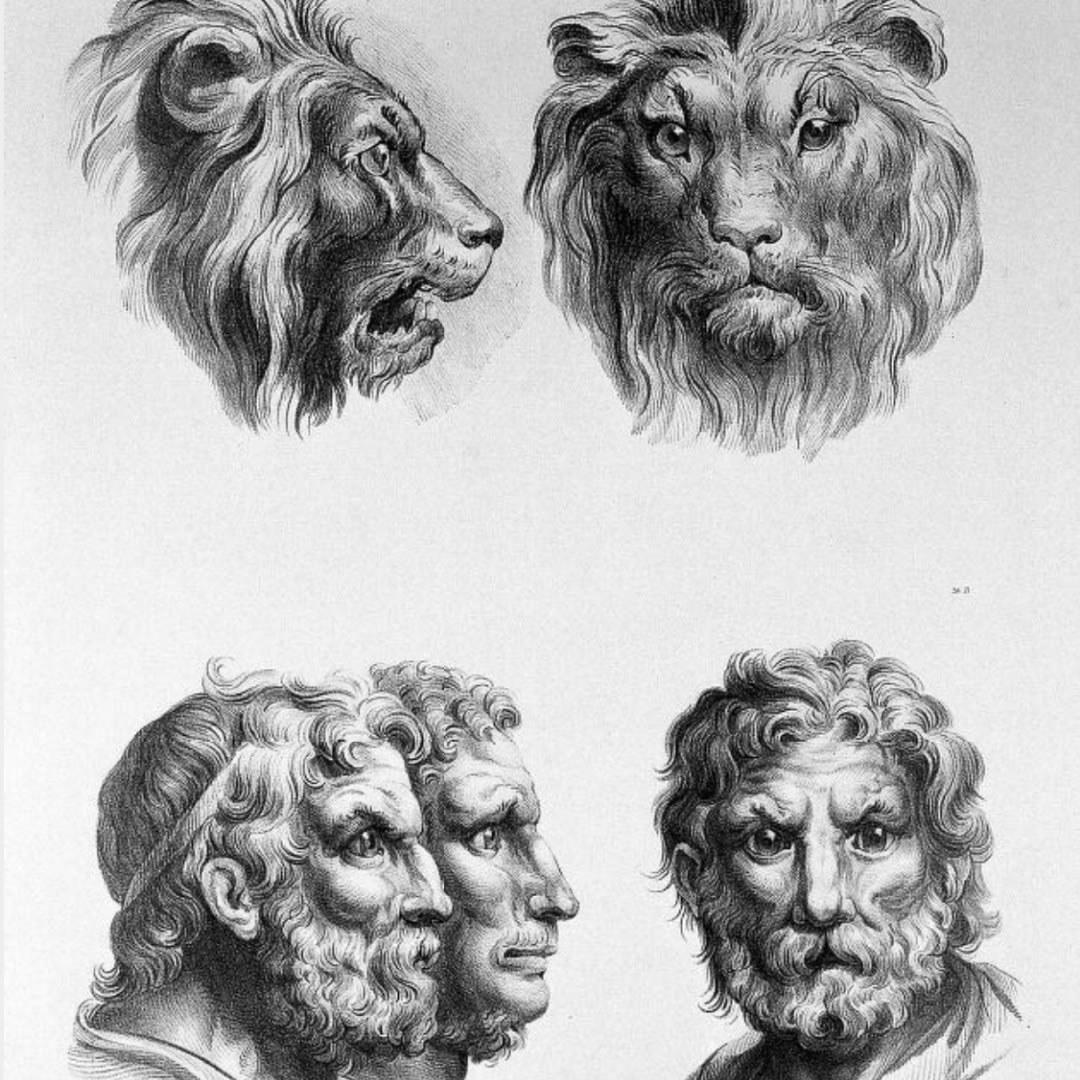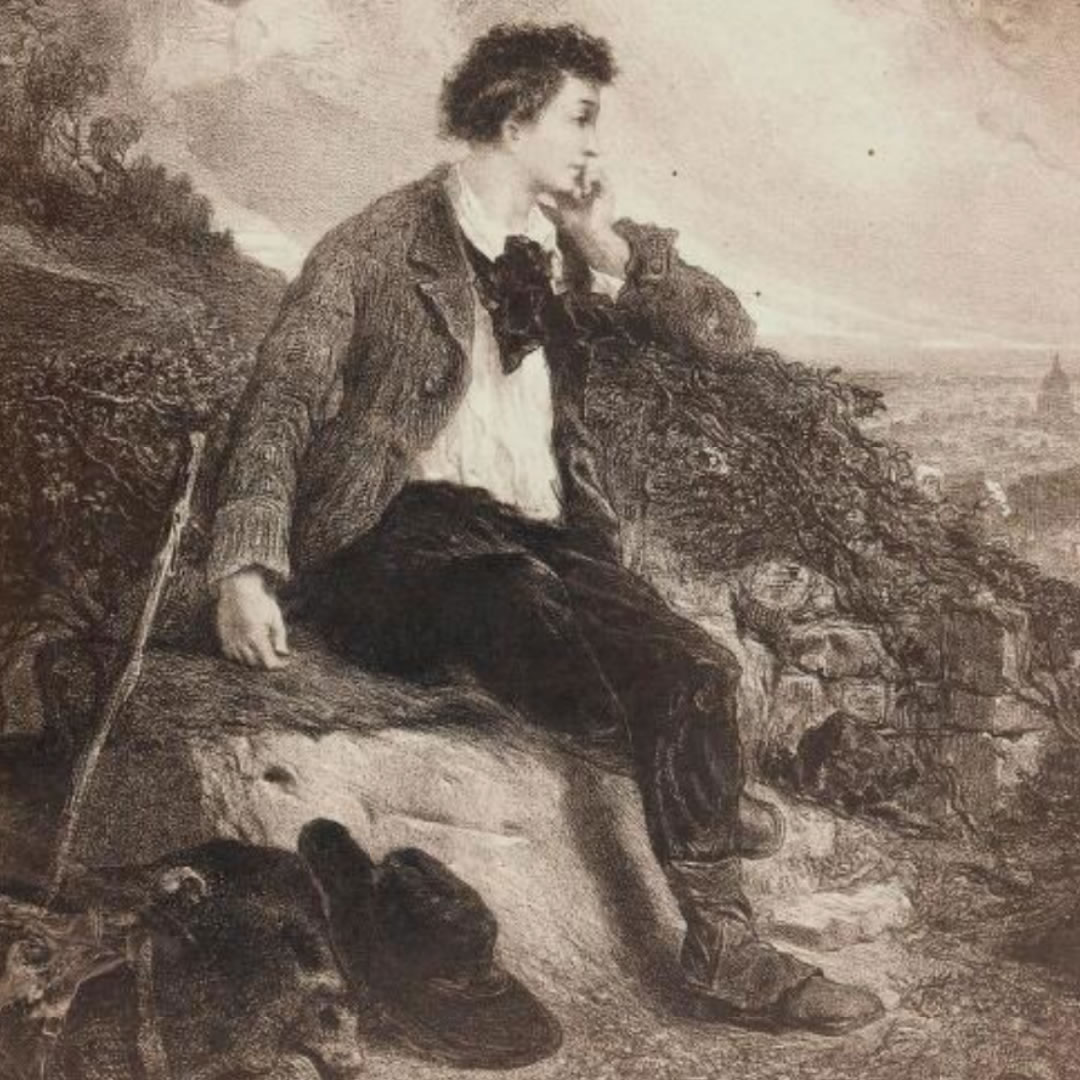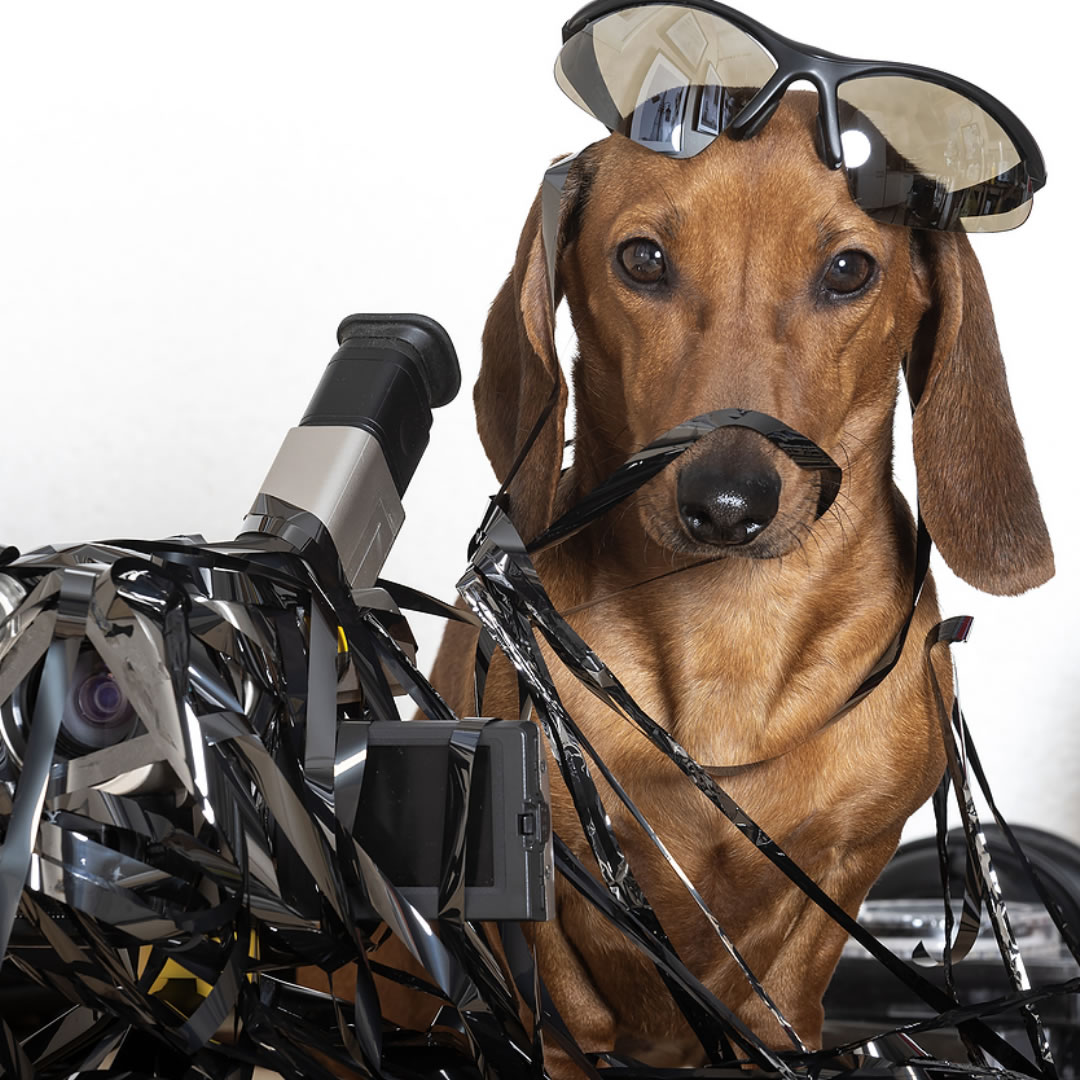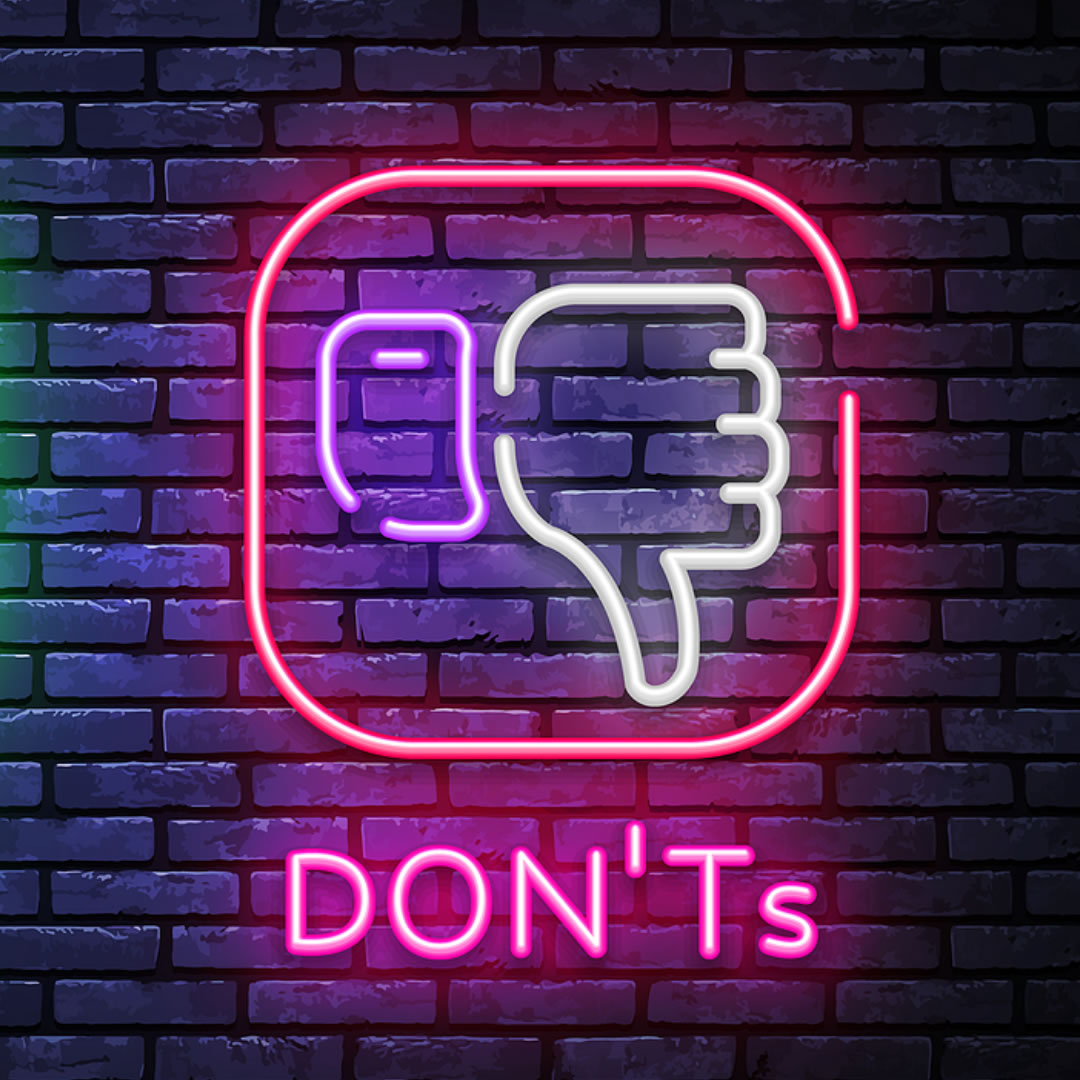


Self-management

Self-management
Claire Cain Miller from The New York Times draws attention to recent research which shows "that empathy makes people better managers and workers, and better family members and friends. But it’s bigger than just its personal effect. We’re all in this together, and researchers say that connection and compassion are crucial to a sustainable and humane future. ". The ability to understand and share the feelings of another is a sought-after skill in all work environments. How do you cultivate empathy? How can you show your prospective employer? Here’s a couple of prompts that might help you get started:
Check out our learning platform!


Self-management

Self-management
We all have bad days but not everyone deals with them in the same way. You can be sure that in any workplace, you will have to deal with other people’s unwanted emotions as well as your own. If you pride yourself on being able to manage your emotions and maintain a healthy and pleasant work environment, you can mention this in your video CV. How? Try answering these questions for starters:
Check out our learning platform!


Creativity

Creativity
Creativity is about making unexpected connections, looking at the world or a problem/task from a different perspective, and/or combining things that usually do not belong together. Here’s a couple of prompts that might help you demonstrate your ability to make unexpected connections:
Check out our learning platform!


Flexibility

Flexibility
Flexibility competence can be demonstrated by discussing how you deal with unexpected situations and answering questions such as:
Check out our learning platform!


Creativity

Creativity
Creativity + planning = strategic thinking, and if you’re good at it, remember to mention this skill in your video CV!
Check out our learning platform!


Collaboration

Collaboration
In order to stay relevant in our fast-paced world we must be willing to keep on learning and improving which, as a result, can enhance our ability to collaborate effectively. Here’s a couple of questions that you might consider answering in your video CV to demonstrate your teaching and learning skills:
Check out our learning platform!


Execution

Execution
Filming Checklist: audio
Check out our learning platform!


Review and dissemination

Review and dissemination
Don’ts
Check out our learning platform!
